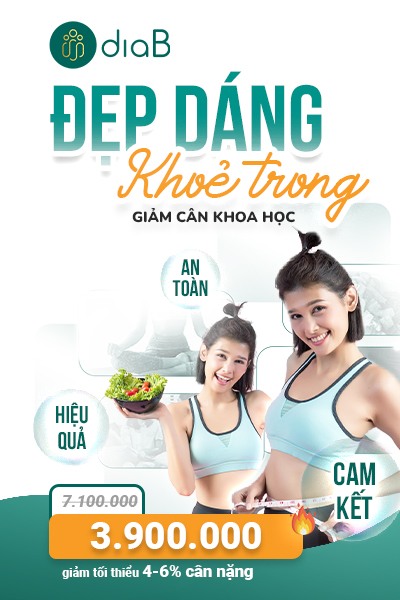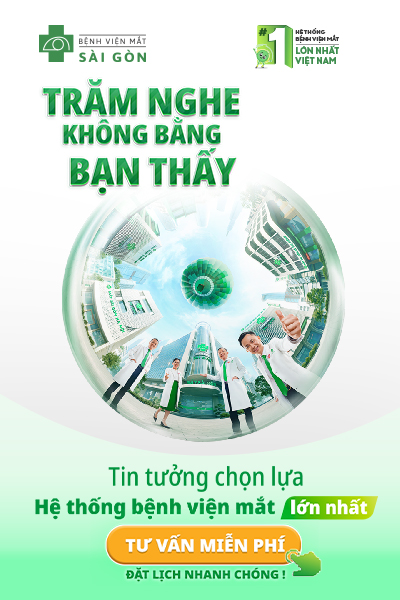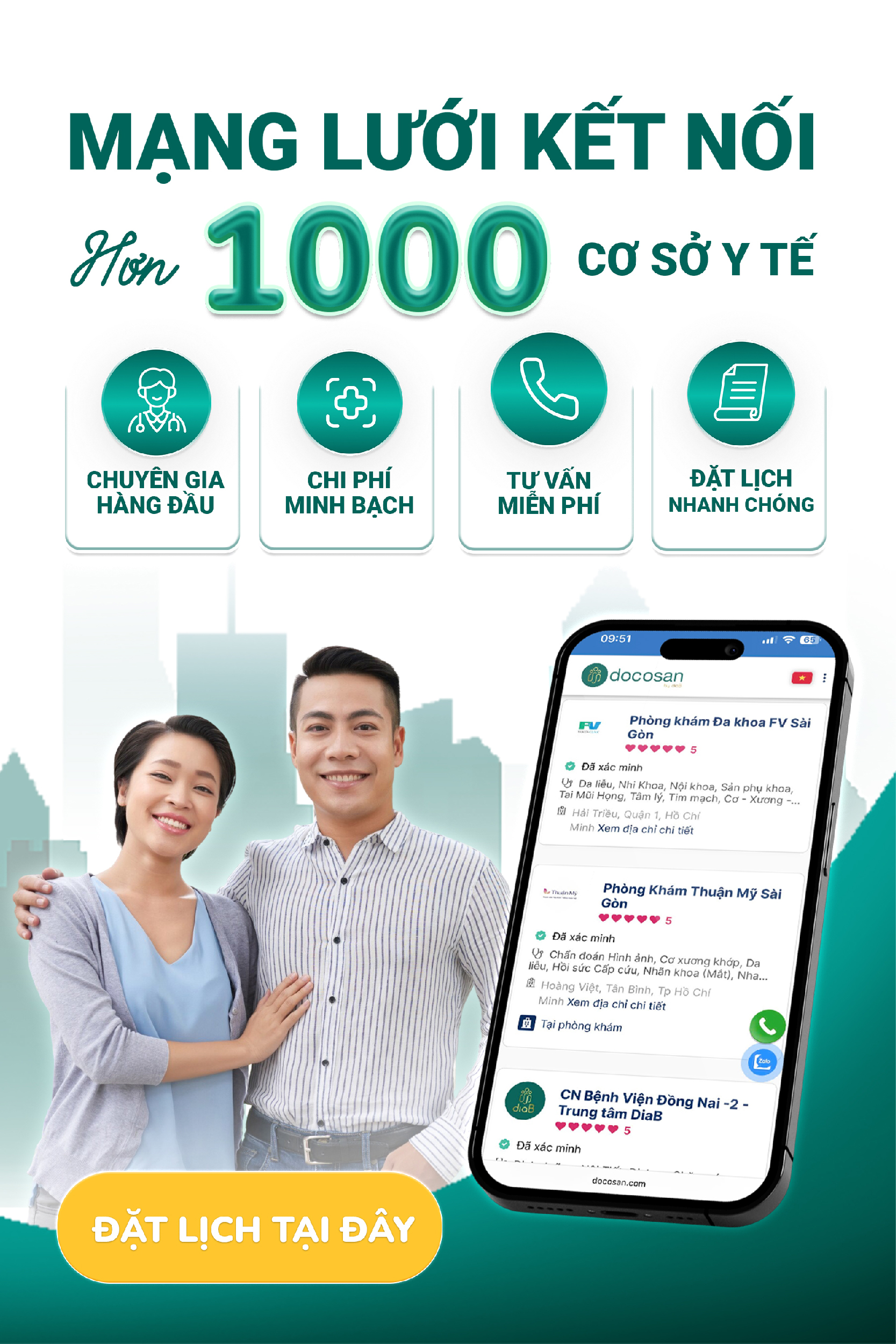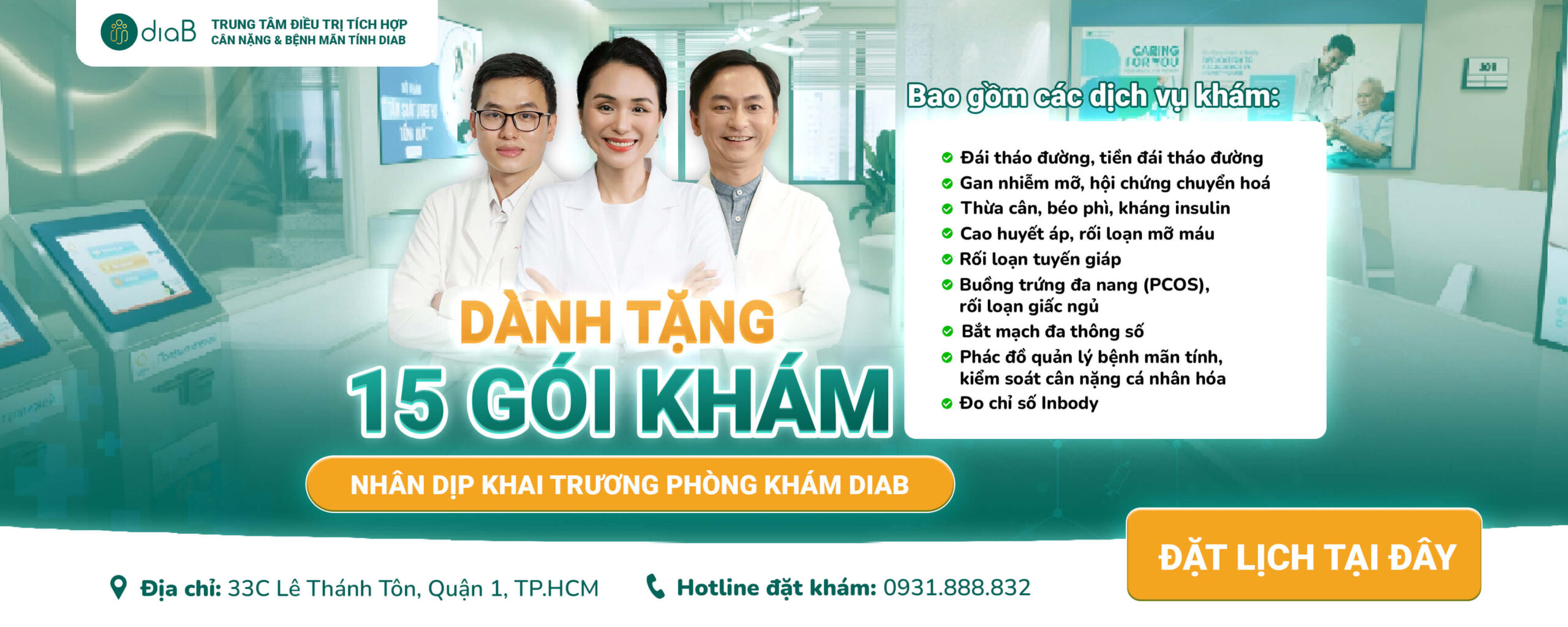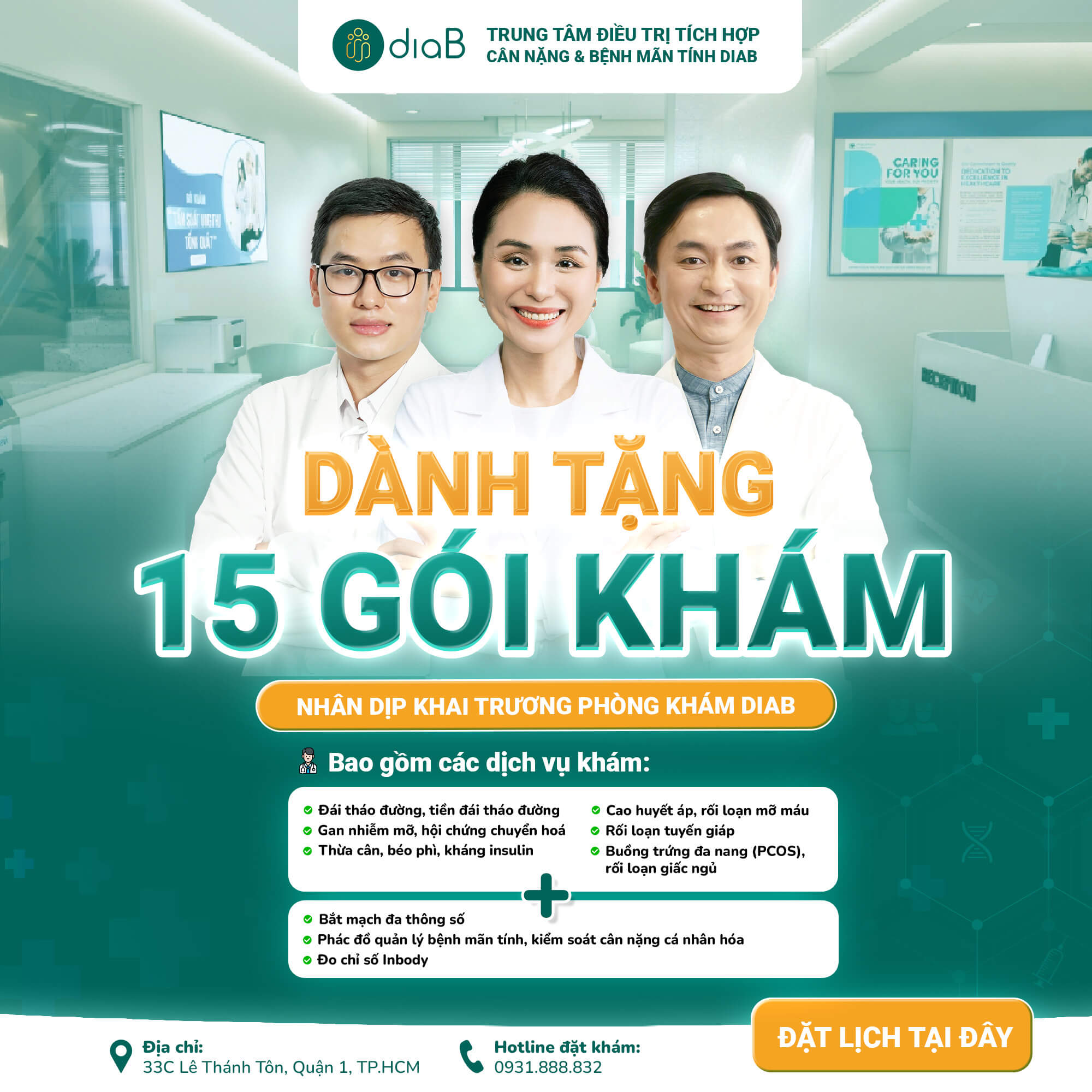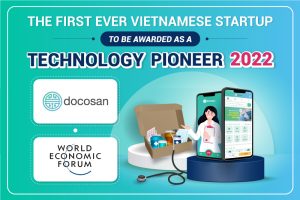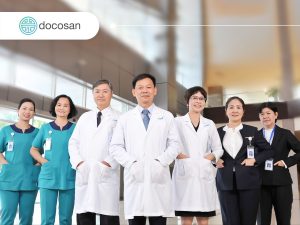The 4th wave of the pandemic in Vietnam is currently showing no signs of slowing down. Lockdowns and social distancing measures are extensive across the country, with major cities Hanoi and Ho Chi Minh bearing the brunt of it.
At Docosan, we are passionate about getting our employees vaccinated as soon as possible to win the fight against the pandemic, putting in place a registered vaccination plan for our full-time employees. Recently, a co-worker of ours, D, caught the virus. Thankfully, D is recovering well and in light of this unexpected scare, we are detailing a recount to shed light on his personal experience and learn how we can protect ourselves from this super-spreader.
Tóm tắt nội dung
D discovers his infection …
D had a negative COVID test result after planning to return to his hometown, and was quarantined for 14 days as per the rules. Despite the negative test, D soon developed flu-like symptoms within the 7 days of quarantine. With a history of sinusitis and allergic rhinitis, D simply utilized his own oral medication for treatment. He was tested another time where the results came back positive.
The process that D went through firsthand …
D had to undergo concentrated isolation after the discovery. After 3 days, he was taken to the Covid treatment area. He was instructed to perform the “5K” as promoted by the Ministry of Health, where K stands in Vietnamese for the 5 actions of recovering health and allowing citizens to cope with living in the midst of the pandemic.
This includes the diligent use of face masks (Khẩu trang), disinfecting (Khử khuẩn), social distancing (Khoảng cách), no gatherings (Không tụ tập) and health declaration (Khai bao y te).
D describes the first 7 days as the “most difficult time”, rendered completely lethargic with high fever. This was accompanied by the symptoms of a cold – sore throat, dry coughs and phlegm coughs, runny nose and frequent sneezing. It was then followed by more grave symptoms such as shortness of breath and chest tightness, along with high blood pressure and severe heart palpitations.
Nevertheless, D knew he was not alone. In the treatment area, there was continuous medication, along with a dedicated doctor present to frequently monitor, measure biometrics and make medical declarations on his progress.
The thankful recovery …
D had to be quarantined for a total of 14 days, but the worst was over after a week. A PCR test was further conducted to measure the viral load in his body, and the CT index has decreased to a level where he is no longer capable of infecting others with the virus.
His main focus now is to keep up with the daily pace of life, continue his normal activities and stabilize his body further until the end of quarantine. Lemongrass steam therapy was especially useful for D, helping him regain his sense of smell and taste.
The effect of the virus on D’s emotional wellbeing …
To quote D, “if 70% is maintaining physical health, the remaining 30% is stable mental health”. D mentioned himself packing his belongings to enter the quarantine center, and recounts how having to gather his spirit was a fearful experience. The initial realization and concerns about not recovering are mentally draining aspects, but D knew he could overcome it with the constant encouragement from his loved ones.
During the period of recovery, D keeps up with social media to update his family about his condition. He credits keeping an optimistic attitude and staying motivated as the best way to overcome this hurdle, often using a diary journal to convey his thoughts and manage his anxiety-stricken self.
D’s message to the population …
D feels that it is essential for households to ensure family members are safe, by first and foremost equipping themselves with basic health items such as thermometers and proper medication.
D encourages the public to get vaccinated as soon as it becomes accessible, and to not become complacent even after obtaining the doses. Vaccines are the most effective way of protection against the virus, but no vaccine in the world has an efficacy of 100%. The onus thus falls on us to safeguard our own health by strengthening our immune system. D advises to increase uptake of vitamin C and nutritious food, and ensure proper ventilation with the minimal use of air conditioner if symptoms start to take root.
Minor side effects post-vaccine such as soreness and fever are expected, but the issue of anaphylaxis are rare and unheard of among the population with no medical history. Our doctors are also highly competent in screening our medical history to determine if the vaccination is suitable.
Getting vaccinated should be treated as a priority to protect our families and society. So become an advocate like D and do not wait. Take charge of your own health today so that Vietnam can heal faster. It starts with every one of us!

